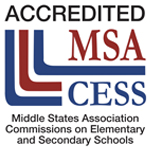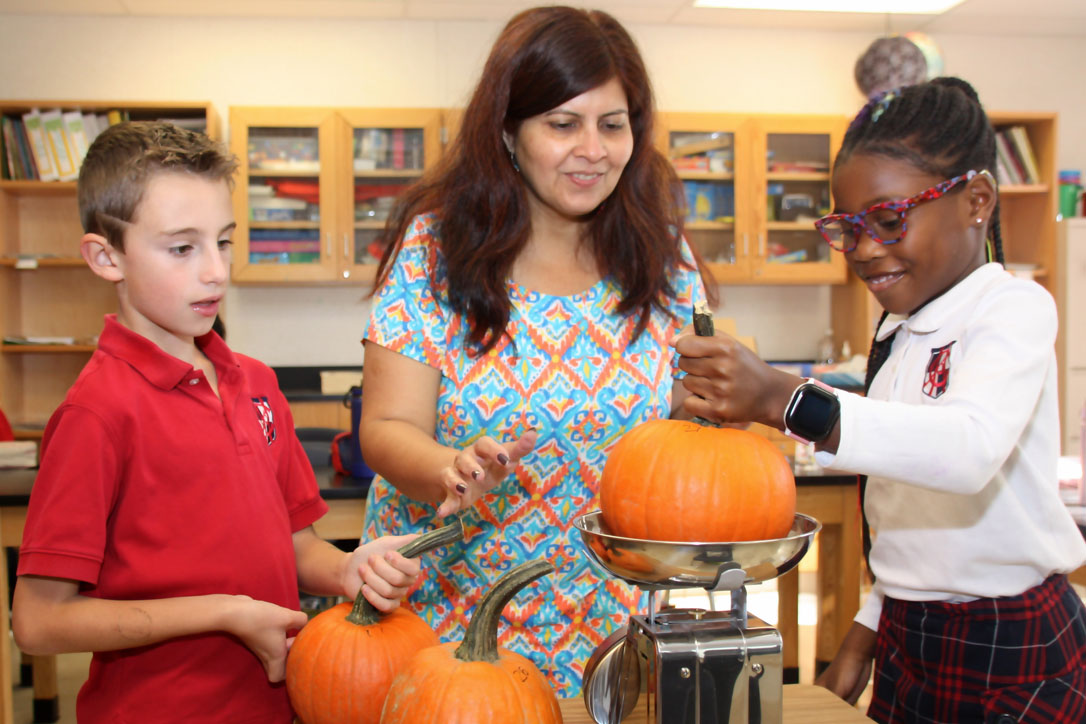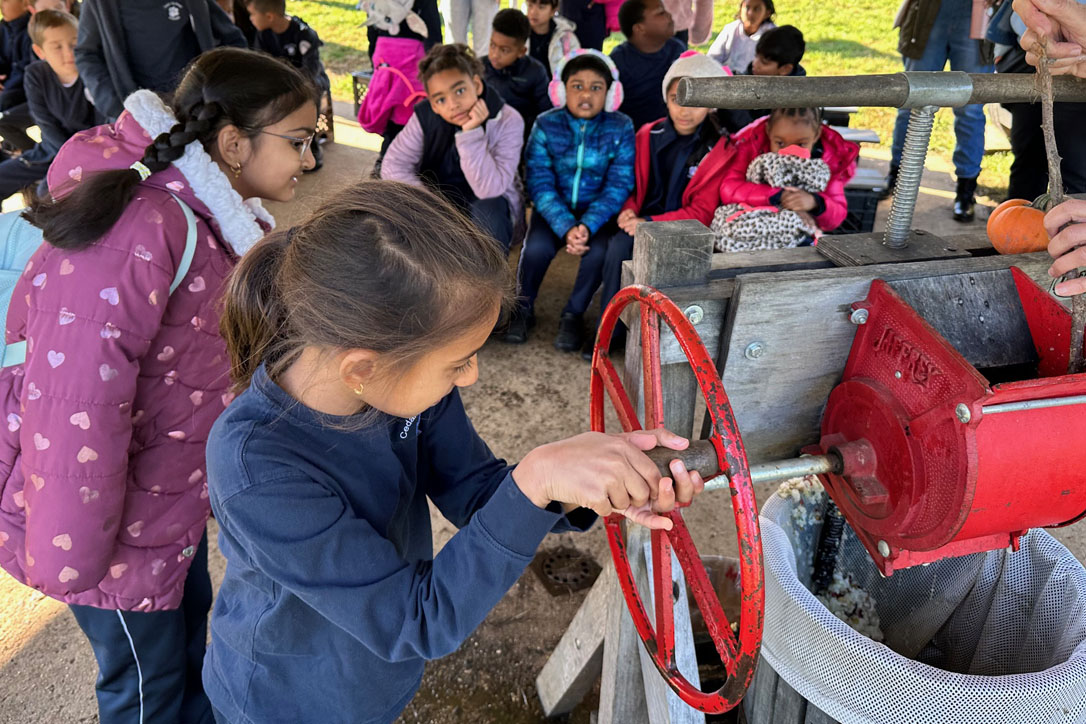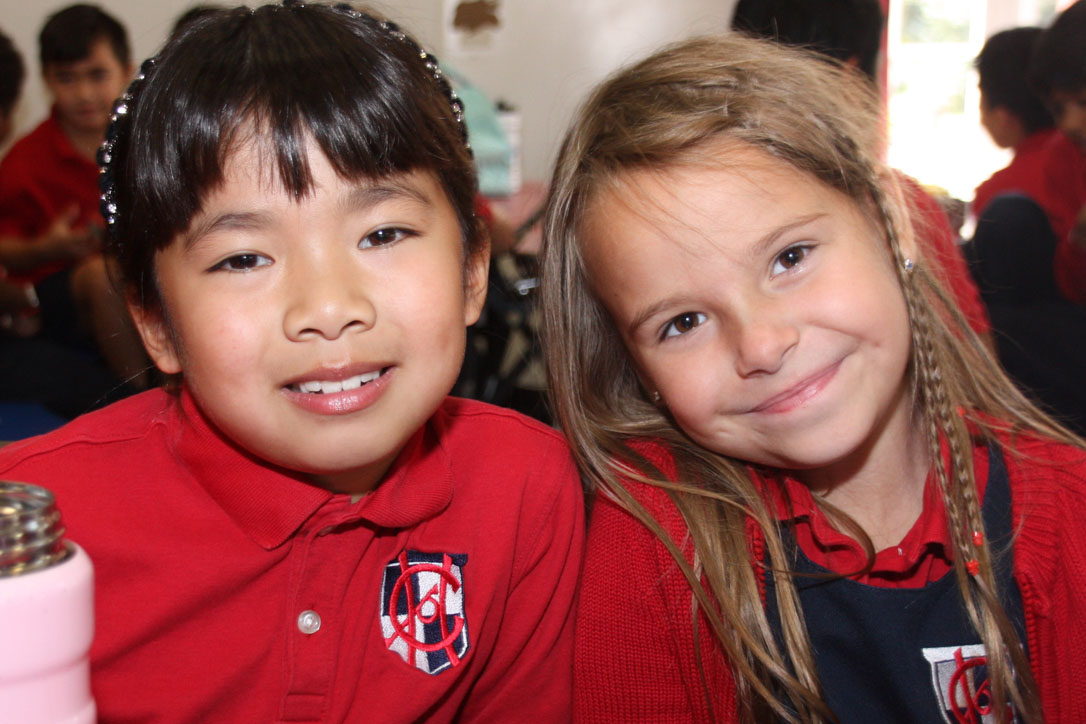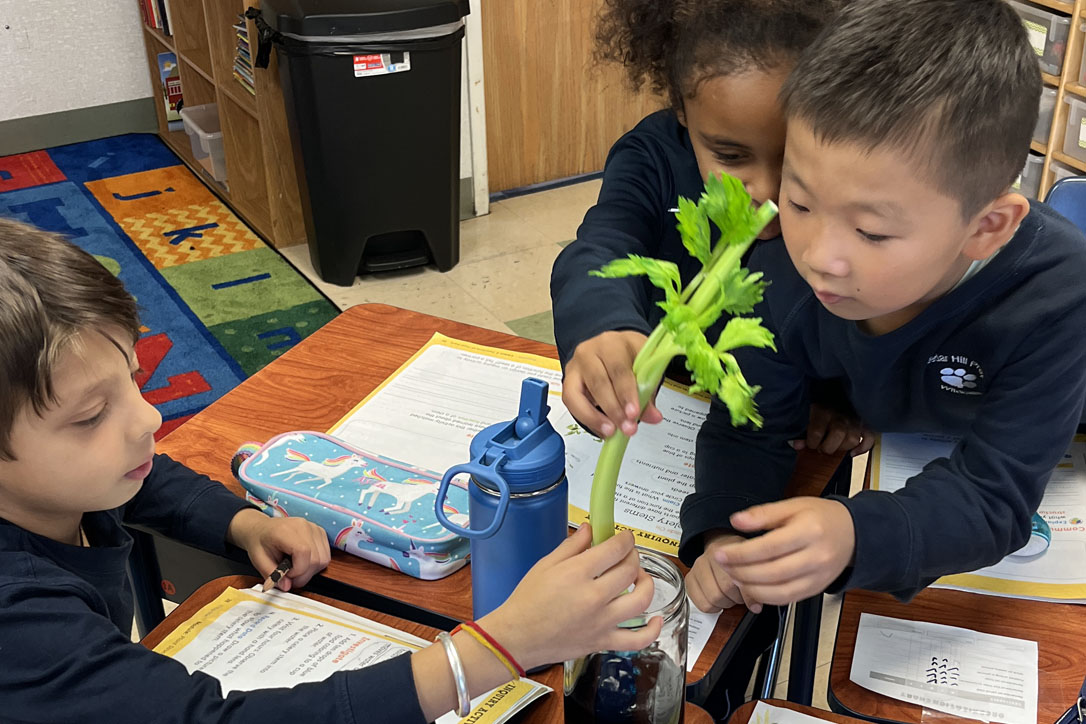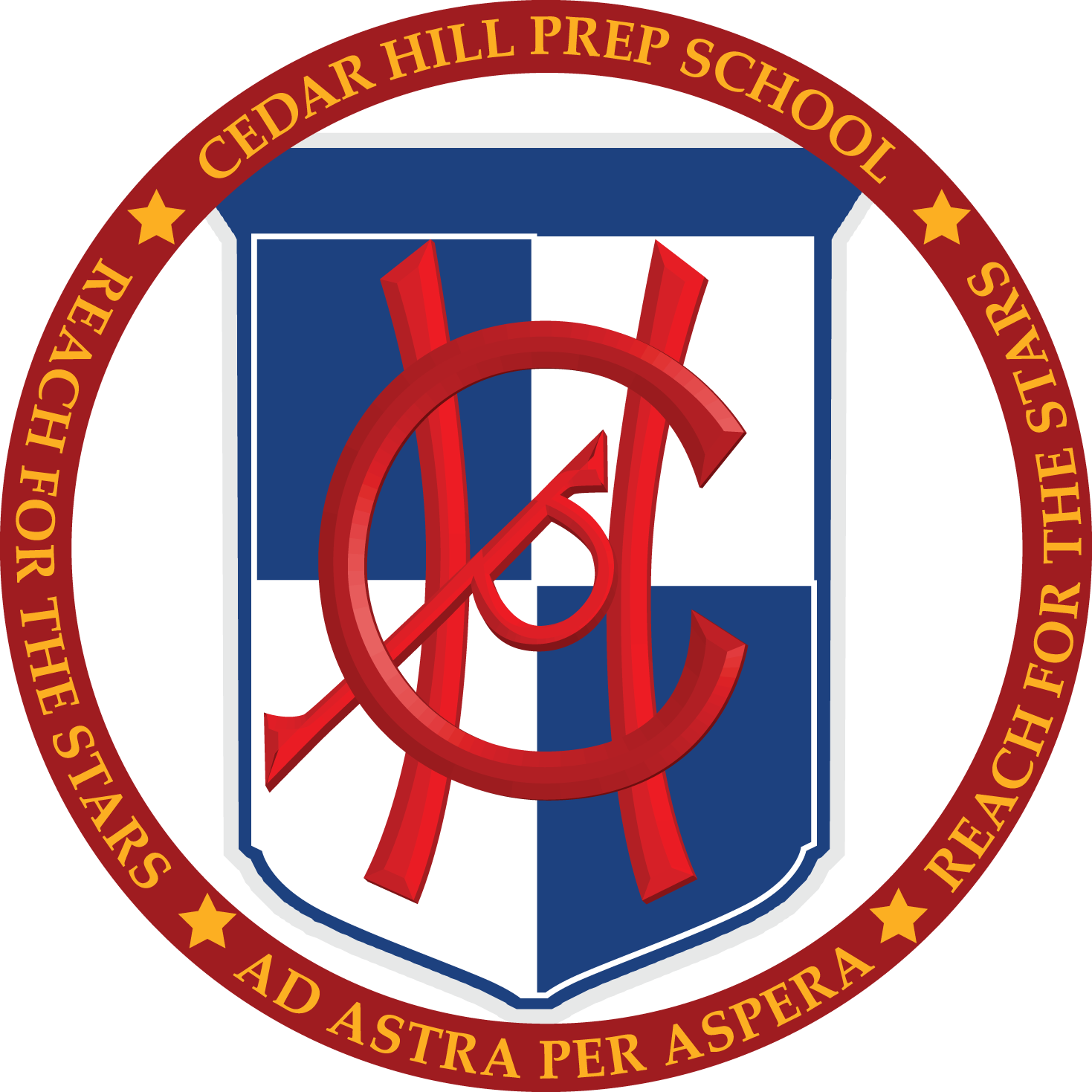Music
Music
General/Choral Music Curriculum – First Through Fourth Grade

Philosophy
Music is an integral part of humankind. No known culture is without some aspect of artistic experience. Music is an important key to understanding our own cultural history and provides an understanding of other cultures. It is an indispensable tool to one who seeks an understanding of the past, the present, and the future. Music can provide the universal communication to overcome the barriers of language, politics, and geography. (Adopted from the NATIONAL STANDARDS FOR ARTS EDUCATION)
Purpose/Course Description
General Music provides students with the opportunity to acquire musical skills and knowledge that can be developed in few other ways. As required by the State, this curriculum will provide the students of Cedar Hill Prep a music education in six areas: Literacy, Creation, Production, Analyzing, Critique, and History/Culture. (Adopted from the K-12 National Standards and the Music Educators National Conference)
General Music Grades 1 and 2
The production aspect of the general music class is centered around singing, movement and playing simple rhythmic instruments. Through the use of these three venues, the students will learn to use a good singing voice, match pitch, maintain steady beat and clap and use syllables to perform a rhythmic pattern on sight, understand basic music concepts, distinguish upward and downward melodic motion. They will also perform for audiences and will participate in at least one musical theatre experience each year. Their creativity in music at this age is based primarily in movement, and playing simple music games to which they can contribute their own ideas. They will be able to identify a music staff and the way a melody moves and will identify basic music symbols. They will assess performances, moods of music, dynamics in the music, tempos of the music. They will sing and play from various cultures, style and genres, and will have opportunities to do so both as a group or individually if they choose. Assessments will be made on each student based on class participation, willingness to learn, attitude and efforts to improve, as well as specific music abilities such as knowledge of choral part and musical notation information.
General Music Grades 3 and 4
Once the students have a firm grasp of the foundations of music, they can accomplish more difficult music challenges, such as improvising, expanding vocal ranges, breath control and other important features of quality vocal musicianship, performing a rhythmic and simple melodic pattern on sight, and many more. In production, they will learn to expressively sing and/or play independently, improvise on instruments when given a steady beat and a range of pitches, demonstrate proper dynamics ad tempos. They will be able to sing in 2 parts, rounds and as a soloist. They will create simple melodies using a given range of pitches and their knowledge of rhythms, and they will be able to assess melodic movement and phrase structure. They will be asked regularly to assess performance, both of our group, but of outside groups as well. They will analyze pieces of music for time signature, melodic contour, instrument families and form of the pieces, as well as style and performance qualities. They will be able to connect a time line to the music history associated with a piece, and will frequently discuss how music can be connected to the everyday world events. Assessments will be made on each student based on class participation, willingness to learn, attitude and efforts to improve, as well as specific music abilities such as musical notation information.
General/Choral Music Curriculum – Fifth Through Eighth Grade
Music is an integral part of humankind. No known culture is without some aspect of artistic experience. Music is an important key to understanding our own cultural history and provides an understanding of other cultures. It is an indispensable tool to one who seeks an understanding of the past, the present, and the future. Music can provide the universal communication to overcome the barriers of language, politics, and geography. There is ample evidence that the arts help students develop the attitudes, characteristics, and intellectual skills required to participate effectively in today’s society and economy. Music Education teaches self-discipline, reinforces self-esteem, and fosters the thinking skills creativity so valued in the workplace.
General Music begins in Kindergarten and ends in fifth grade, and beginning in 5th grade, choral singing becomes the primary, but not the only tool, by which music is taught and experienced by our students. (Adopted from the K-12 National Standards and the Music Educators National Conference)
Choral/General Music Grades 5 through 8
In the fifth through eighth grades, the primary focus is on the choral aspect of music, although instruments will continue to be used, and aspects of general music class will be incorporated every day. The students will achieve a beautiful head voice with a pure tone, and when boys voices change, a richer, stronger voice. Singing in tune will be emphasized, as well as the use of all good singing techniques. They will be exposed to a great amount of music of all different genres, styles and ability levels. They will continue to be taught to read music on sight and use those skills in their choral music learning. Singing in parts will be introduced, with 2, possibly 3 parts as the goal. They will be asked on a daily basis to assess and critique personal performances. Assessments will be made on each student based on class participation, willingness to learn, attitude and efforts to improve, as well as specific music abilities such as knowledge of choral part and musical notation information. There will occasionally be written assignments and perhaps music checks to evaluate students’ knowledge of their voice part.

Discover how Cedar Hill Prep can help your child reach their unique potential. Our students are in the top 10 percentile in the United States and our educators are delighted to showcase our offerings. We are currently taking applications and processing enrollment.
Welcome Wednesdays
2023-2024 School Calendar
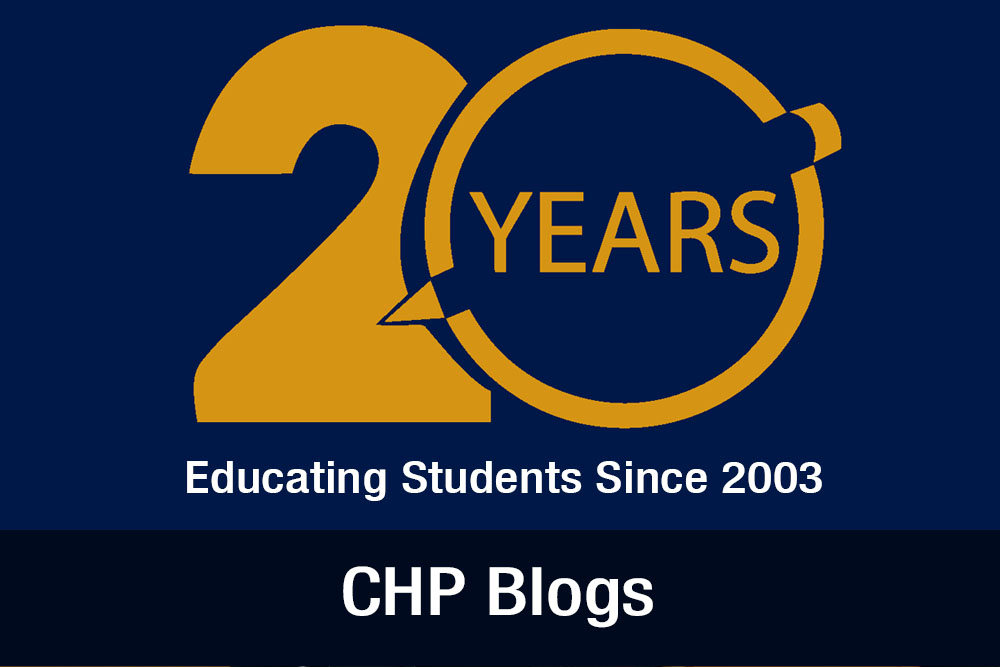
Do you love blogs? Do you like hearing about best education practices and getting parenting tips to support your child’s learning path?
Follow CHP's journey as we enter the 20th Year! Our faculty and administrative team have an exciting year lined up. If you love blogs and would like to stay connected with our school community, you're in the right place! Look out for news and events that take place at our school right here on our very own blog site!

Distance should never get in the way of education.
Cedar Hill Prep School offers several transportation methods to ensure a Cedar Hill Prep School is always in reach. A plethora of communities can take advantage of these routes, including:
- Princeton
- Franklin Park
- Rocky Hill


